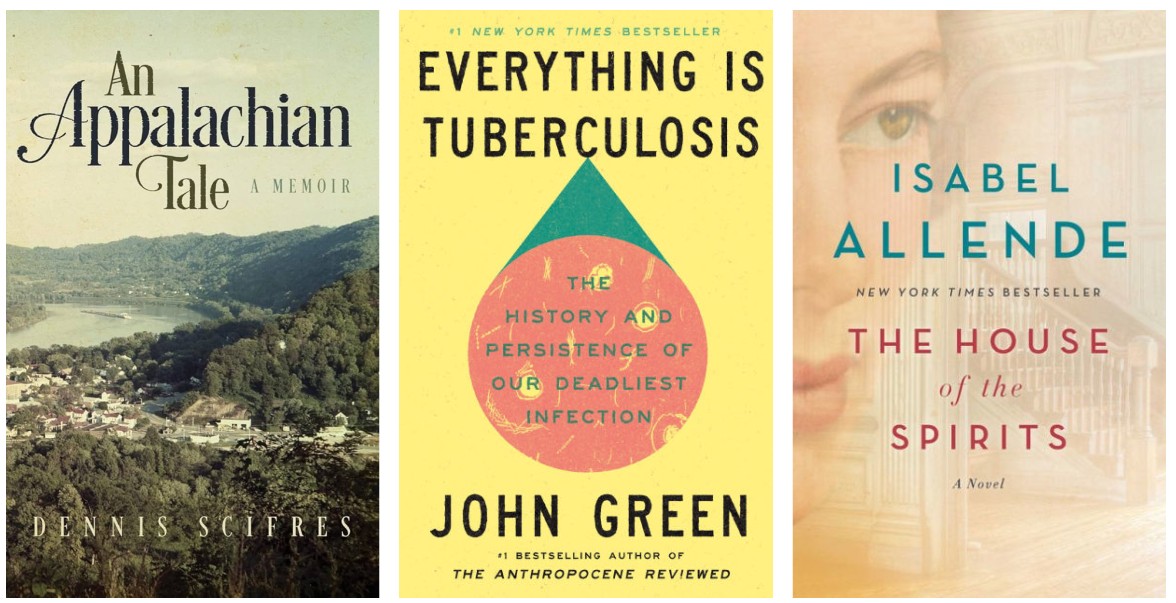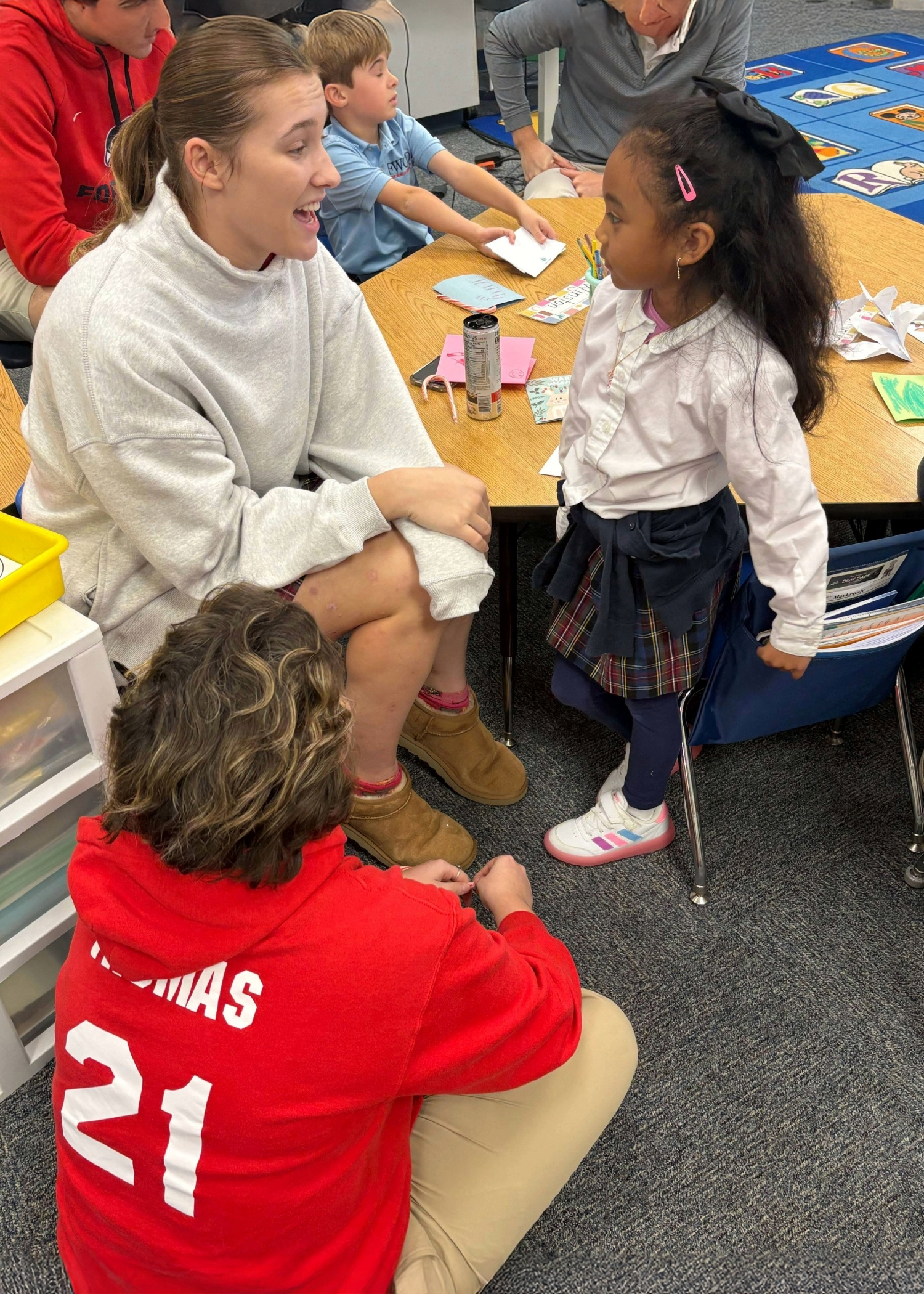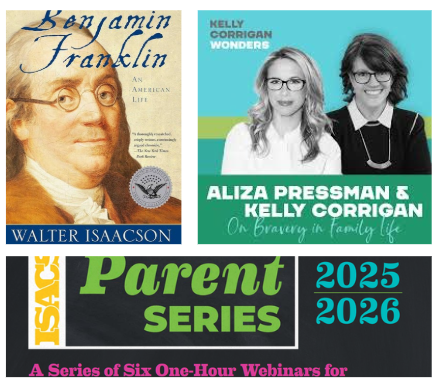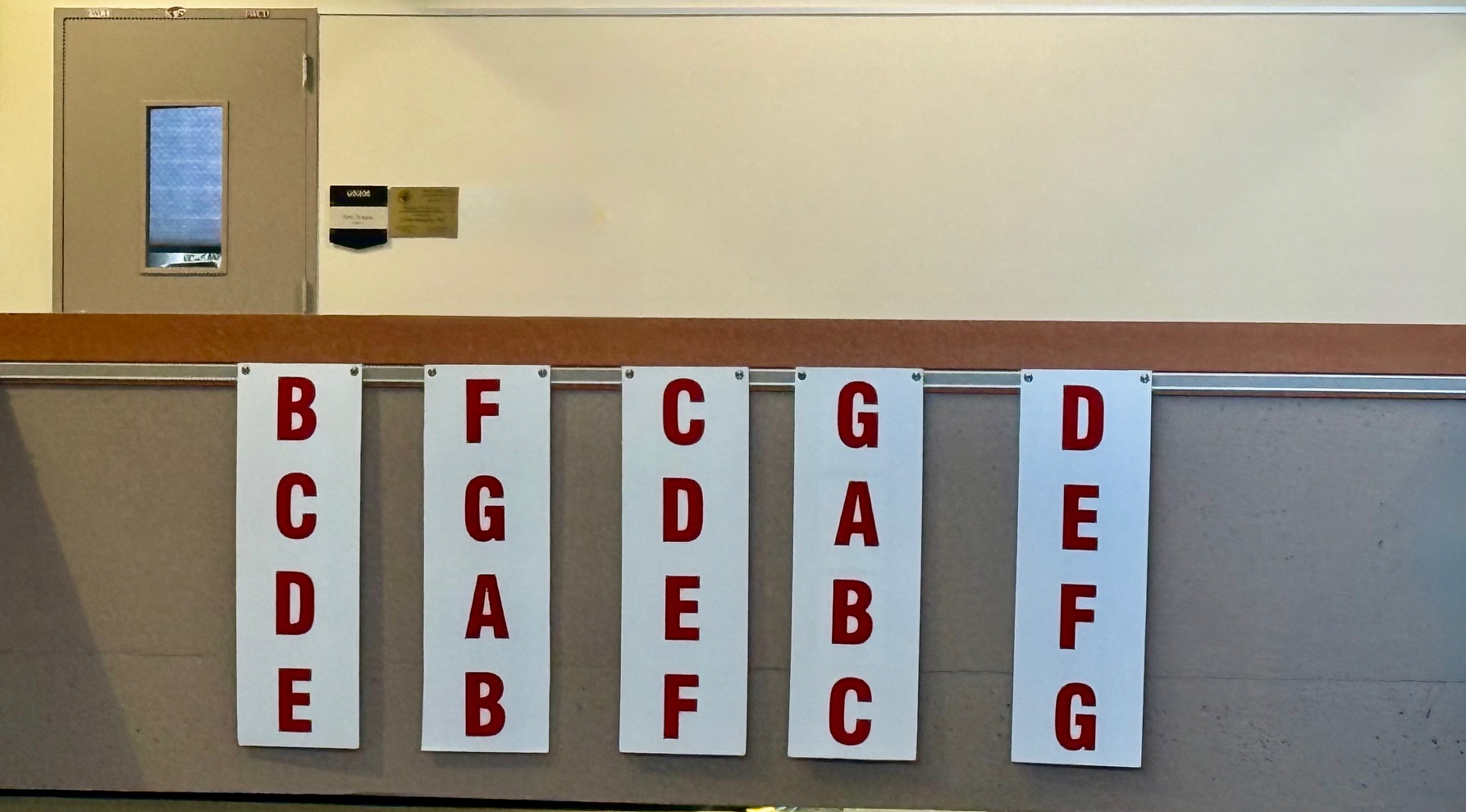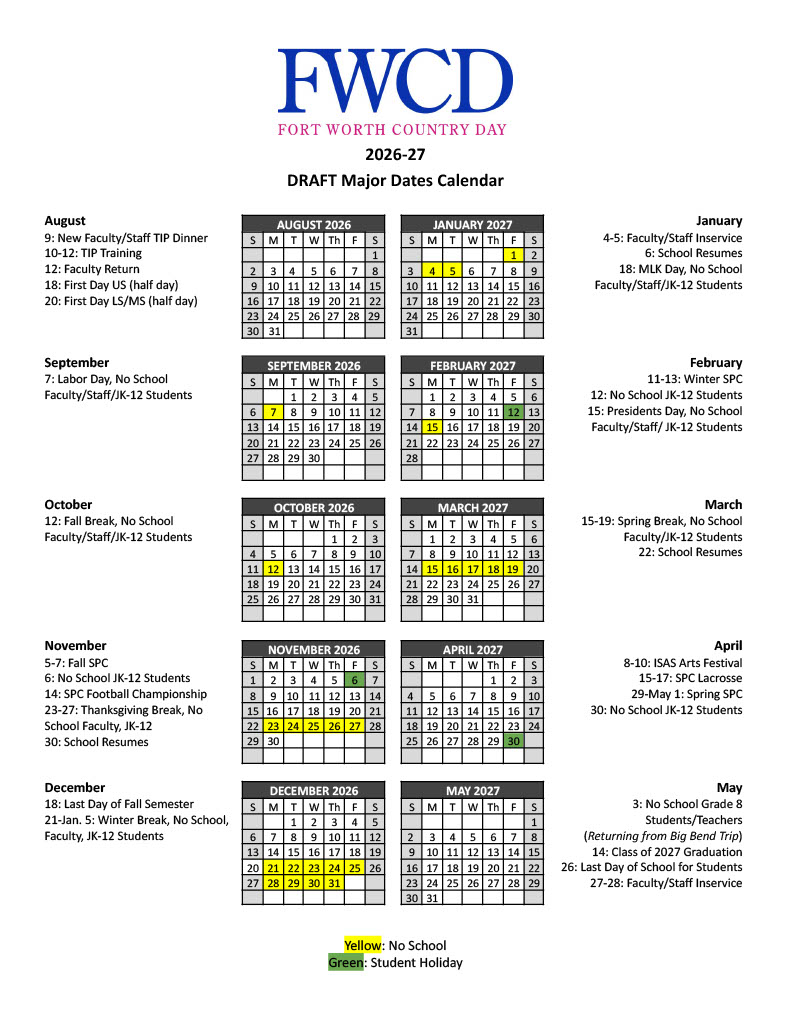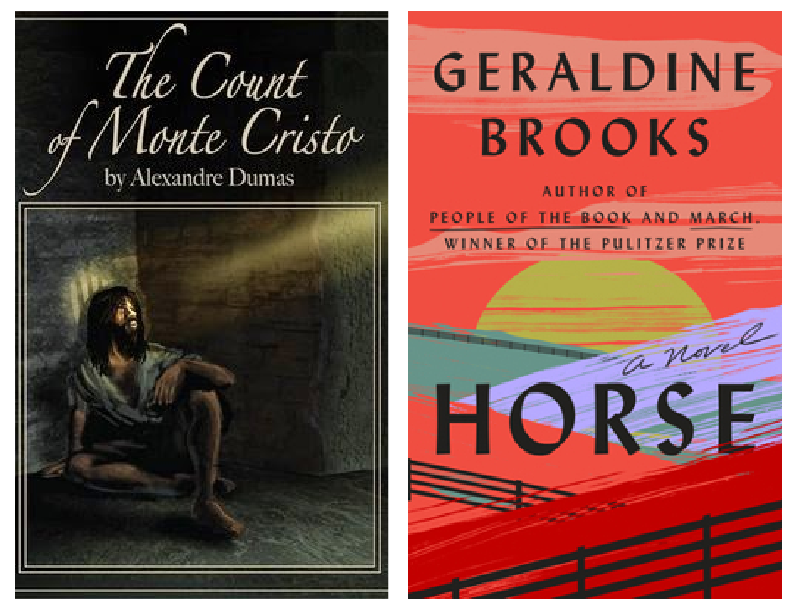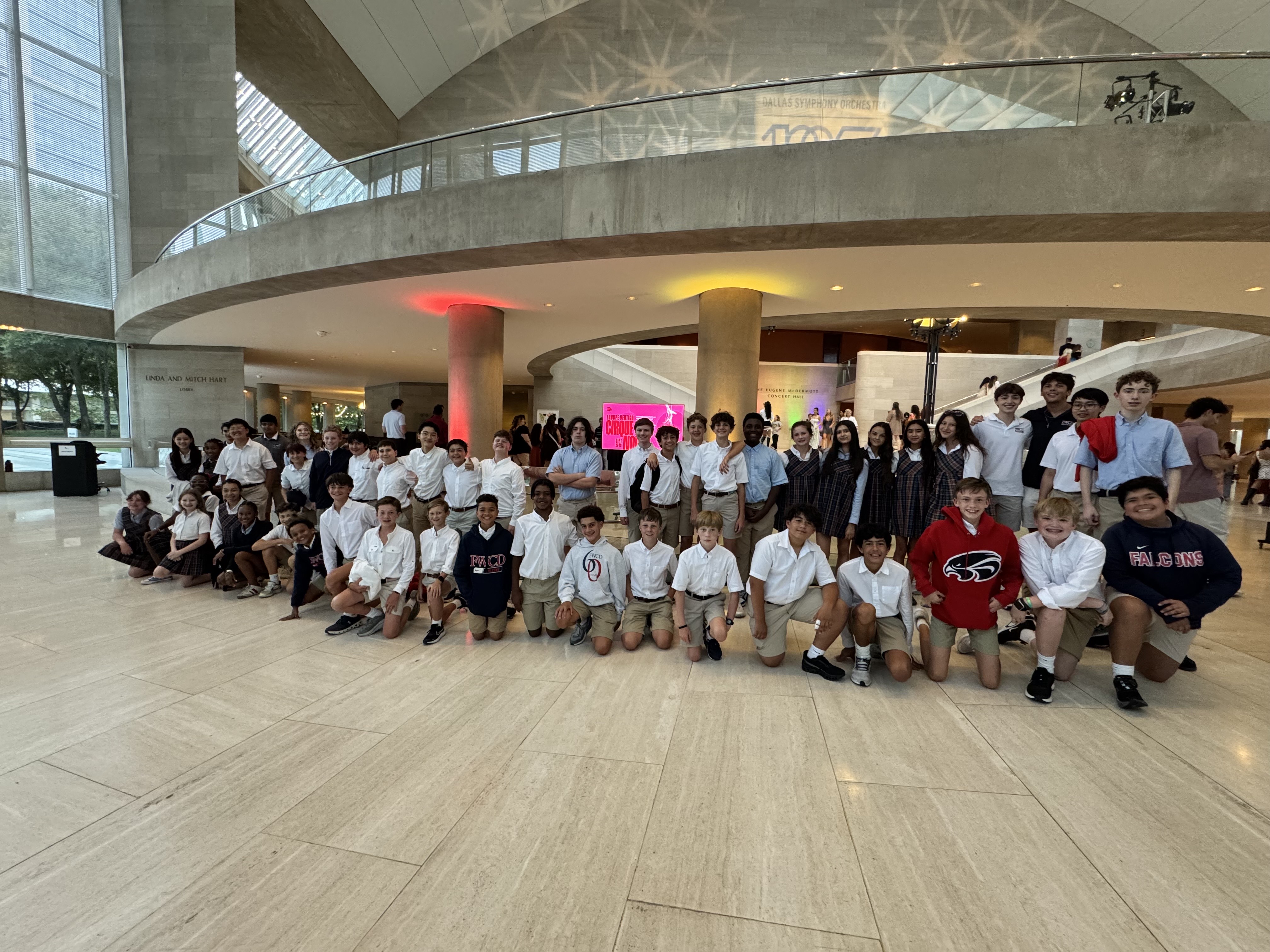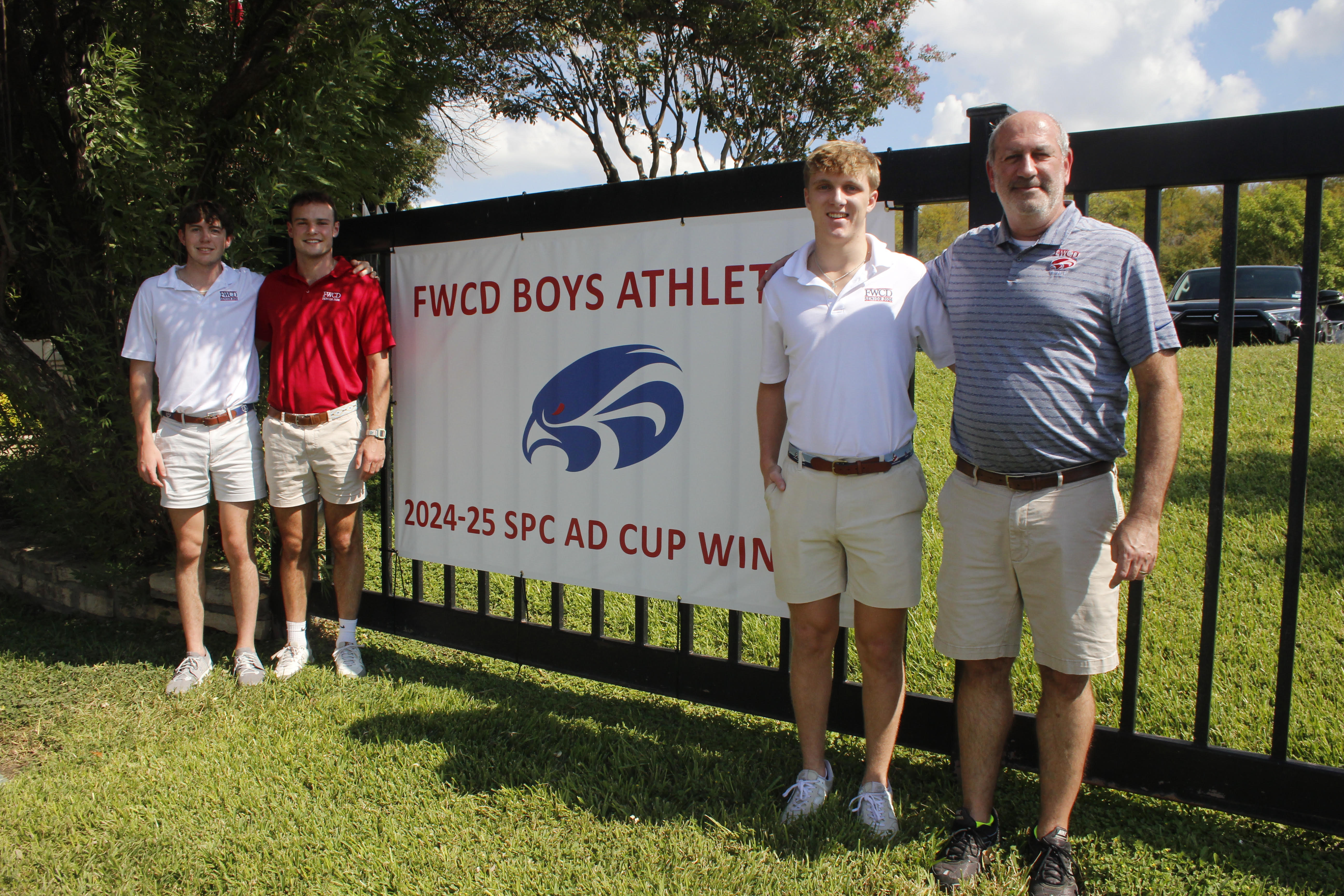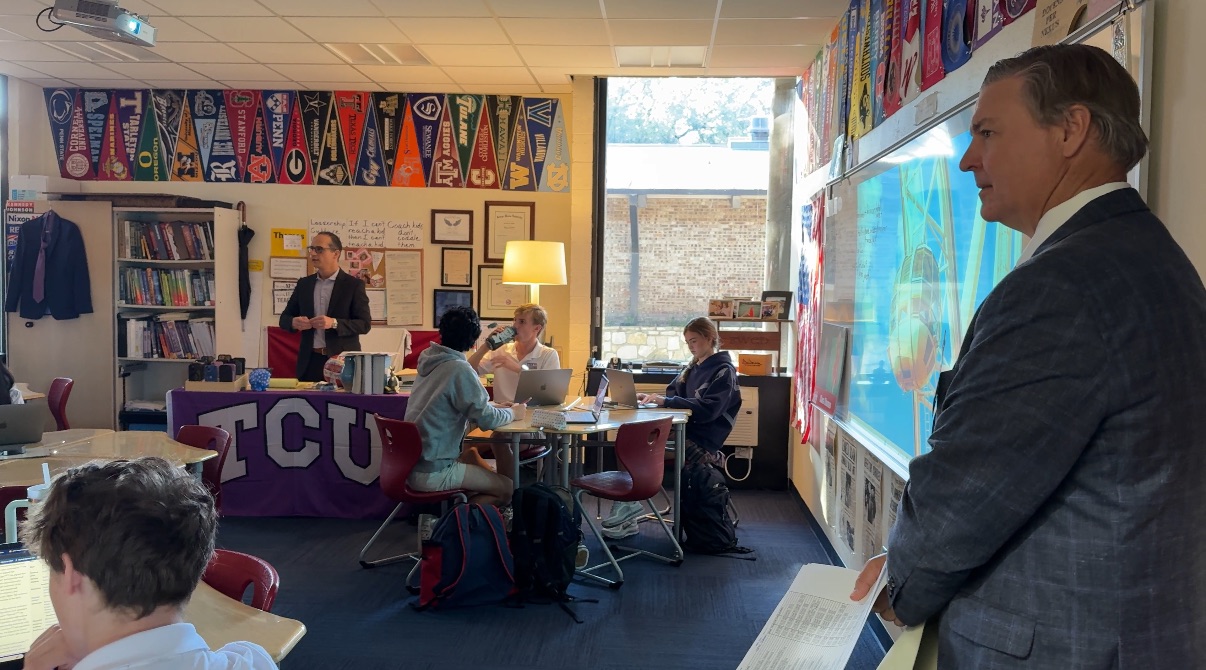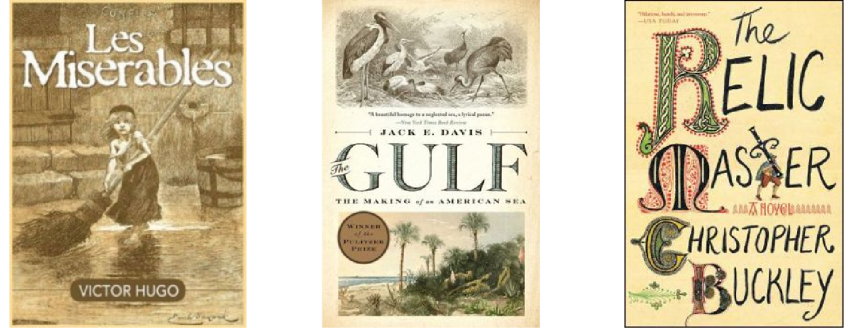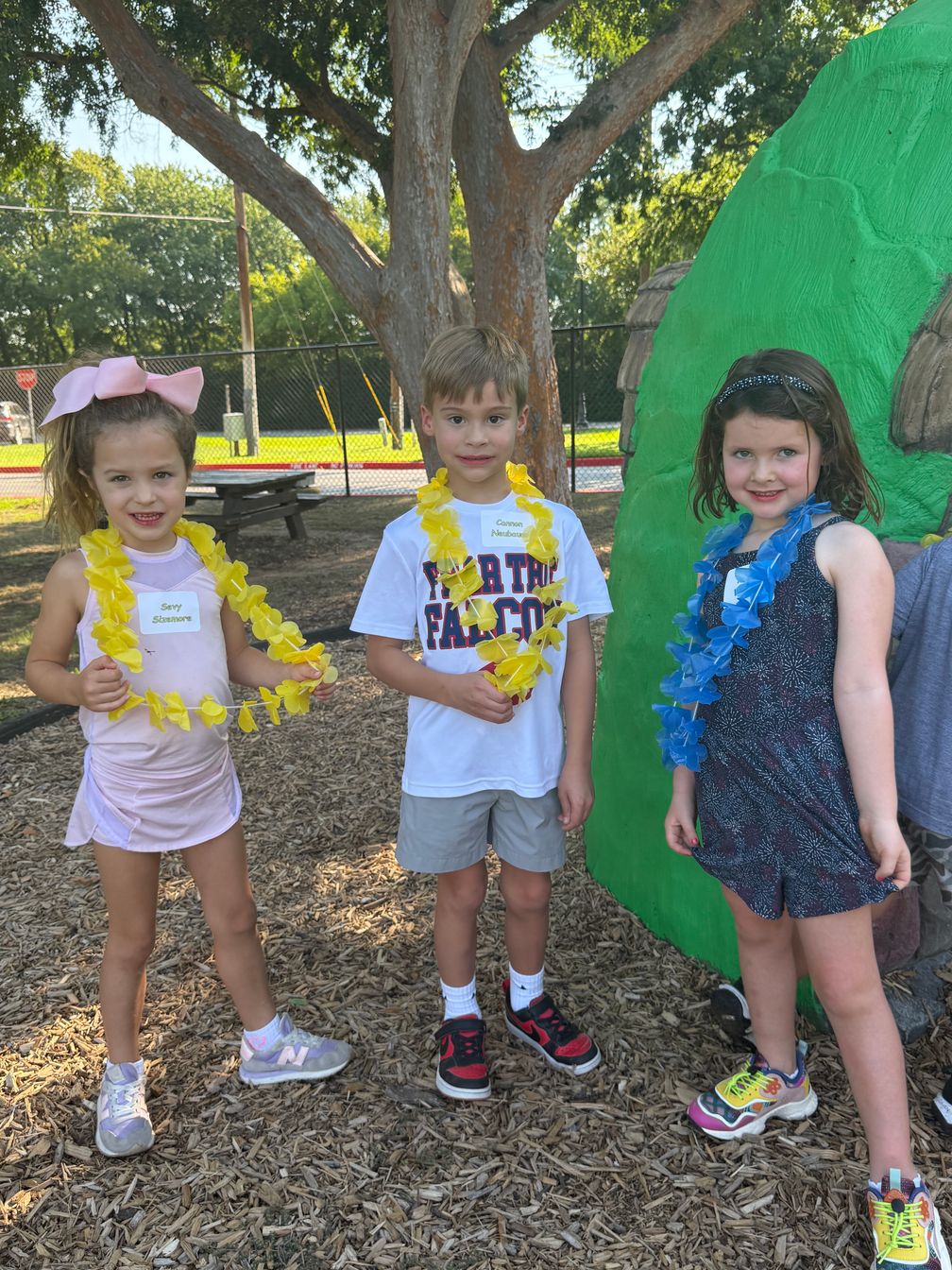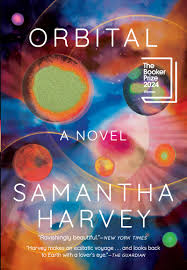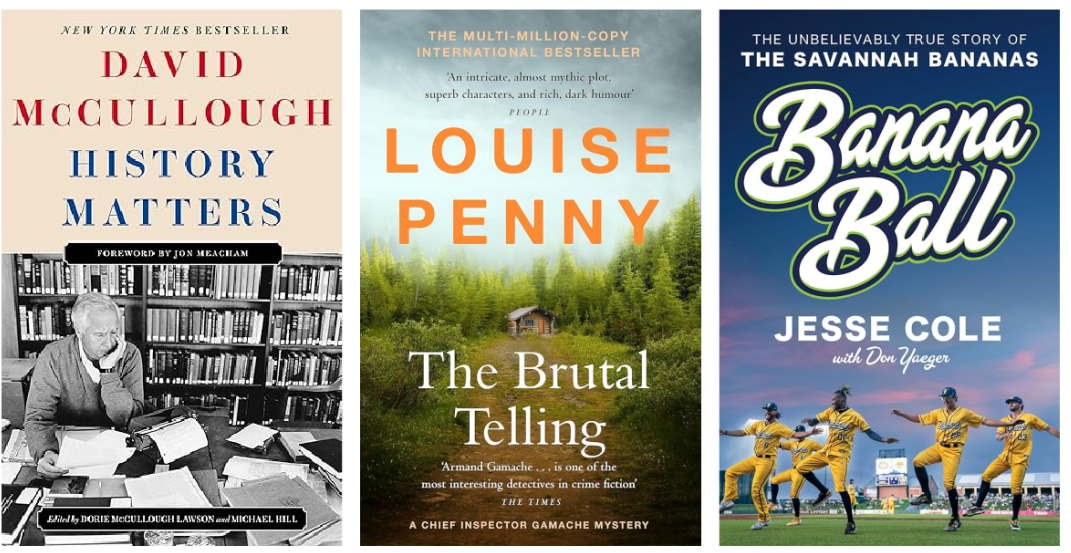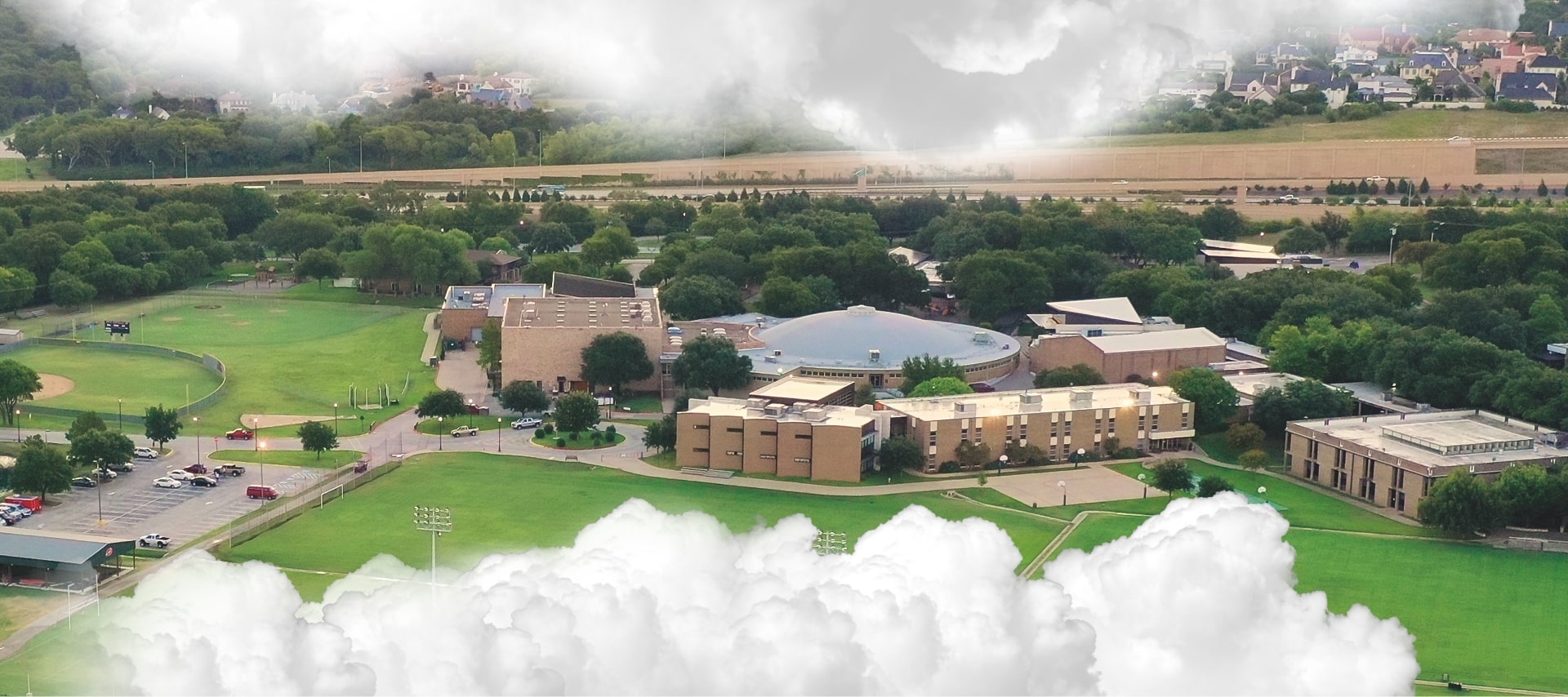Seen Read Heard: November 2025
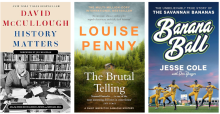
This month’s reads and listens are The Brutal Telling by Louise Penny, History Matters, edited by Dorie McCullough Lawson and Michael Hill, and The Savannah Bananas by Jesse Cole.
The Brutal Telling by Louise Penny (audiobook)
I have shared Louise Penny books before. Penny is Canadian. Debra’s and my two children are Canadian citizens and have each spent years in Vancouver, British Columbia. Maybe it is the Canadian-ness of Penny’s tales that I always like. They occur in a fictional village near Montreal known as Three Pines. Three Pines is quaint. Life there seems mostly simple. There is an appeal to that life as Penny describes it.
But people in Three Pines are always getting mysteriously murdered. The mystery is always clever, but the power of Penny’s tales is in her observations on relationships. It was not always the annoying person who has done wrong. The wrong-doer so often has a complicated backstory that explains their poor decision. The interactions of her characters, the experience of living in a village, and the psychological workings of the relationships and of the individuals make for an engaging read. (This one was a listen, hence my lack of quotations.) In The Brutal Telling, Canadian artist Emily Carr ends up playing a sort of role. Canada’s West Coast, where our children have lived, is significant in this tale … as is the World War II diaspora from Czechoslovakia. Like any good novelist, Penny takes me away from my day-to-day and somehow makes a murder story a pleasant escape.
History Matters, edited by Dorie McCullough Lawson and Michael Hill
David McCullough wrote many of my favorite history books. In this collection, curated by his daughter and a former editor, I got to read a number of his speeches and shorter articles. It makes sense that this powerful storyteller and gifted researcher made observations on people and historical events that resonate. I enjoyed reading his observations on the work of being a historian and found myself underlining like a middle schooler just learning how to identify important passages. In a very short book, I used a pen full of underliners.
“Happiness - true happiness - is not to be found in vacations or the like. It’s to be found in the love of learning and doing what you really want to get up and get to each day.” (xiii)
“Dave McCullough painted with words, and the images he has left us are windows into a past that is at once remote and proximate." (Jon Meacham, forward xv)
“We need stories as we need food and water …. [W]hat draws us to history, the pull of the past, is change. It is what is new, not what is old. And change is the essence of life.” (9)
“Risk-taking is another very rare quality among students and must be encouraged …. [T]ests must be devised … whereby the student is not competing against anybody else but himself or herself.” (13)
In a 2018 graduation speech, McCullough speaks of the role of luck in history and concludes, “How lucky we are to live in this great country, where freedom of speech, the rule of law, and representative government remain the way of life. Where the love of learning holds strong. Where there are public libraries free to the people in virtually every city and town.” (21)
His advice to college graduates includes, “Be generous. Give of yourselves. Count kindness as all-important in life. Take interest in those around you. Try to keep in mind that everyone you encounter along the way, no matter their background or station in life, knows something you don’t.” (21)
If I ever get to return to the classroom to teach history, I will be affected by McCullough’s cautionary words: “Nothing in the past had to happen the way it happened.” (70) And, similarly, “You cannot assume that because an onion tasted the same to them or the stars were in the same configuration, that they were just like we are. They weren’t just like we are, because they lived in a different time.” (68)
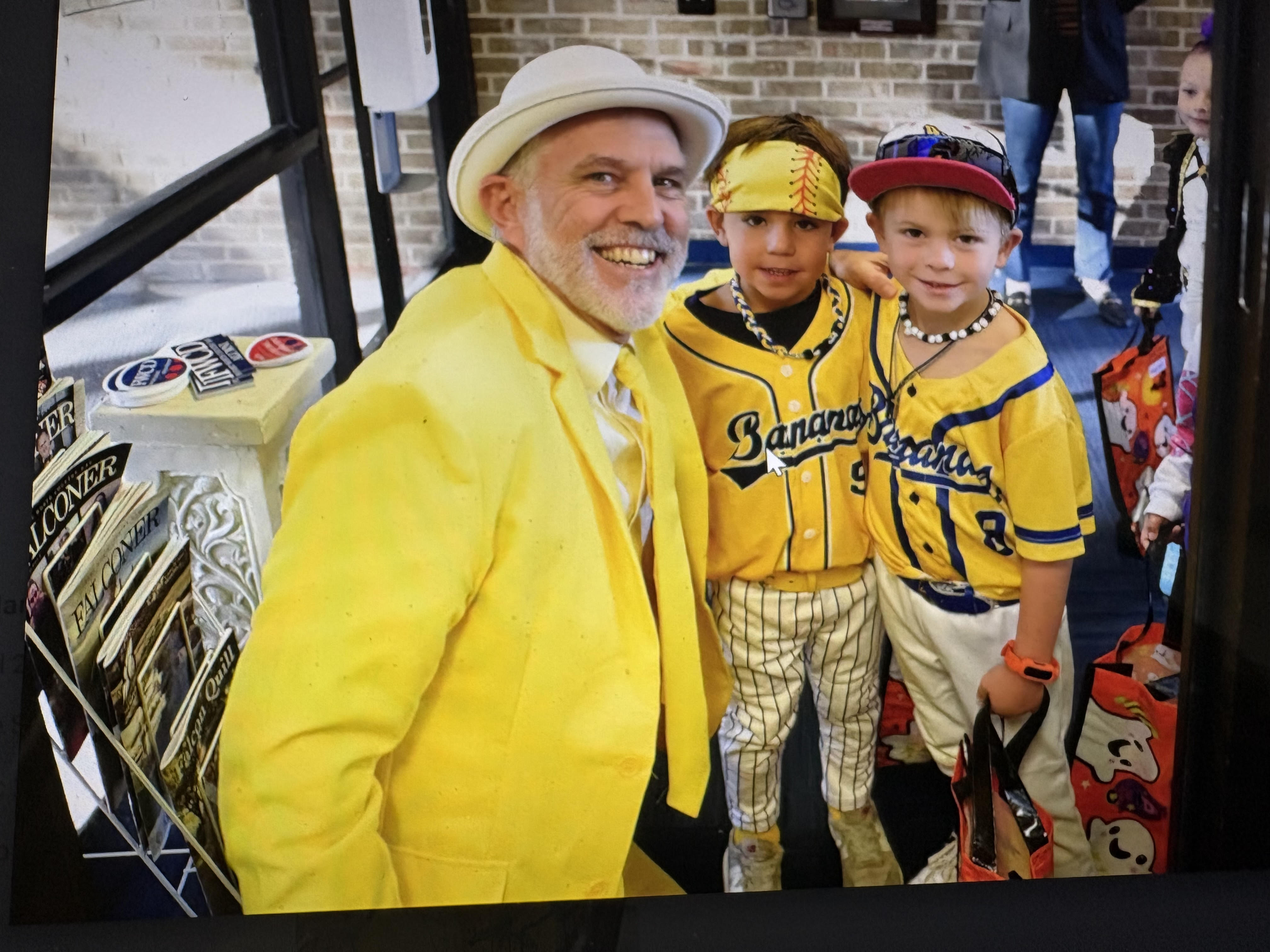 The Savannah Bananas by Jesse Cole, Founder
The Savannah Bananas by Jesse Cole, Founder
A parent shared the story of going to a Savannah Bananas game with his son. I was intrigued that the two had each thought the Founder and Emcee of the games, Jesse Cole, sounded like me. As I learned more, I was inspired. I find Jesse Cole to be inspirational. I translate his message as, “Let’s talk less about red and blue divisions and more about what we have in common.” Instead of red or blue, Jesse’s color is yellow. He wears a yellow tuxedo and bowler, and he spreads a message through a version of baseball they call Banana Ball. The message is that there is so much reason for joy, and we can share that joy no matter what our political affiliations. This clip gives a sense of his inspiring philosophy. I went so far as to wear a yellow tuxedo for Halloween and loved how many FWCD students came as players for the Savannah Bananas.
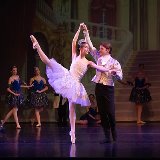


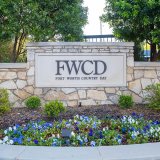
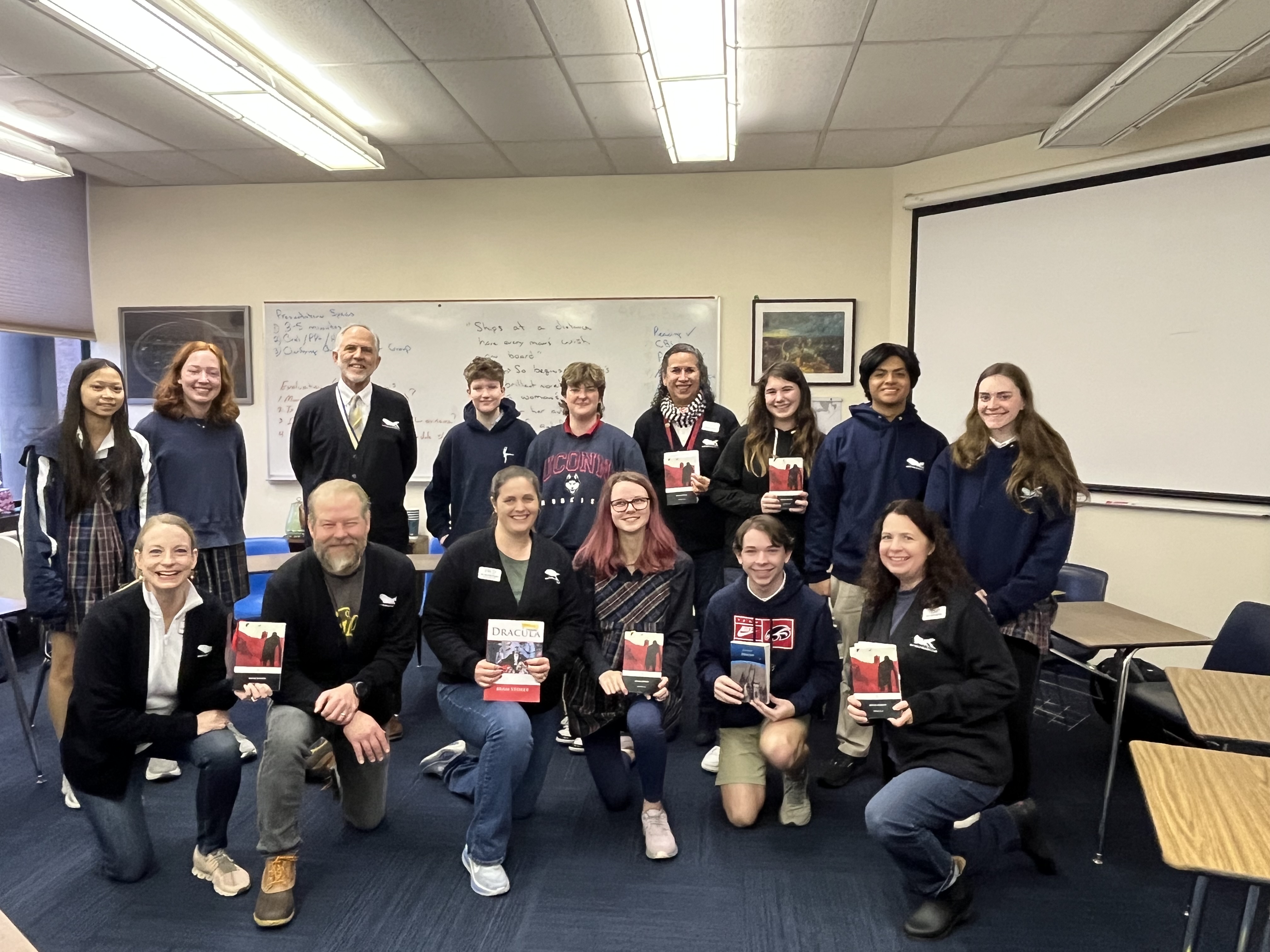
.jpg)

